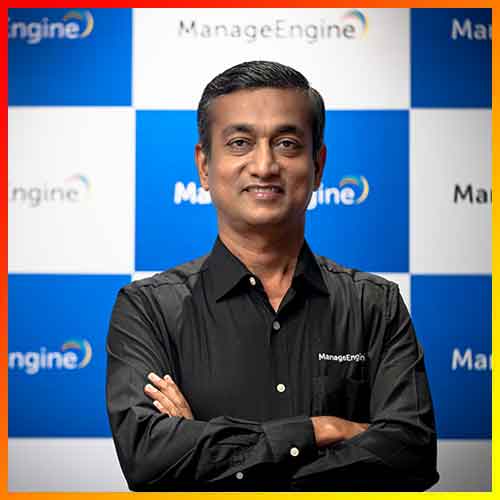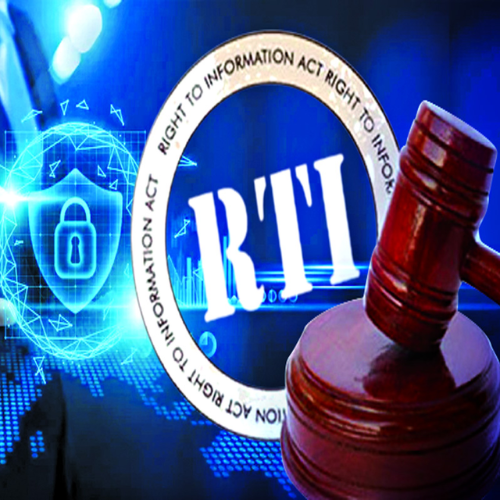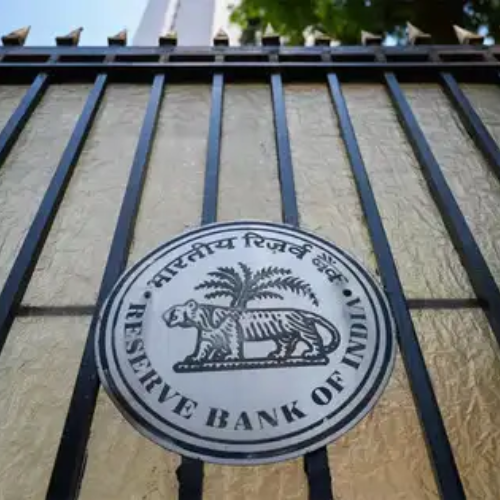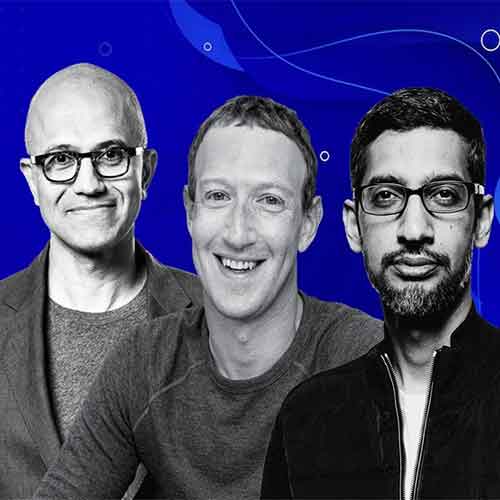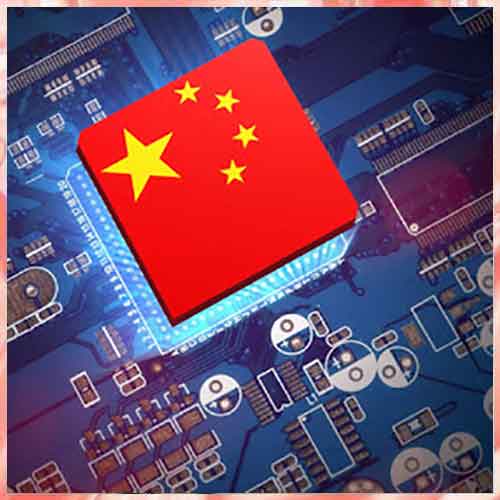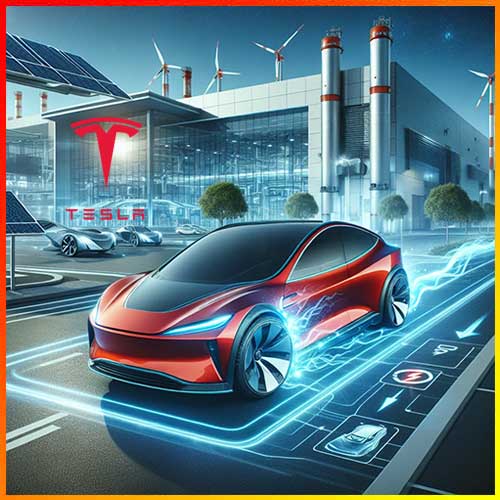
Tesla has disbanded its Dojo supercomputer team, with leader Peter Bannon departing, signaling a major shift in CEO Elon Musk’s AI strategy. Once central to Tesla’s ambition to develop in-house AI training for Autopilot, Full Self-Driving (FSD), and the Optimus robot, Dojo will be replaced by a focus on inference chips—AI5 and AI6—optimized for real-time decision-making.
Musk stated it “doesn’t make sense” to split resources between two distinct chip designs. Tesla will instead rely more heavily on partners, including Nvidia and AMD for compute and Samsung for chip manufacturing, backed by a $16.5 billion AI6 supply deal through 2033. AI training will continue via Cortex, a new Nvidia-powered supercluster in Austin.
Dojo, unveiled in 2021 and once valued by Morgan Stanley as potentially adding $500 billion to Tesla’s worth, faced setbacks including performance issues in the June 2025 Austin robotaxi pilot and the loss of 20 engineers to startup DensityAI. This pivot streamlines resources but reduces Tesla’s proprietary edge, increasing supply chain dependency.
Tesla faces added headwinds: declining EV sales, executive departures, and FSD safety scrutiny. Musk’s broader AI vision spans Tesla, xAI, and X, with cross-platform integration of the Grok chatbot and potential Tesla investment in xAI.
While the AI5/AI6 and Cortex strategy could accelerate short-term deployment, long-term differentiation will depend on execution, talent retention, and delivering fully autonomous services in a competitive, rapidly evolving AI market.
See What’s Next in Tech With the Fast Forward Newsletter
Tweets From @varindiamag
Nothing to see here - yet
When they Tweet, their Tweets will show up here.








